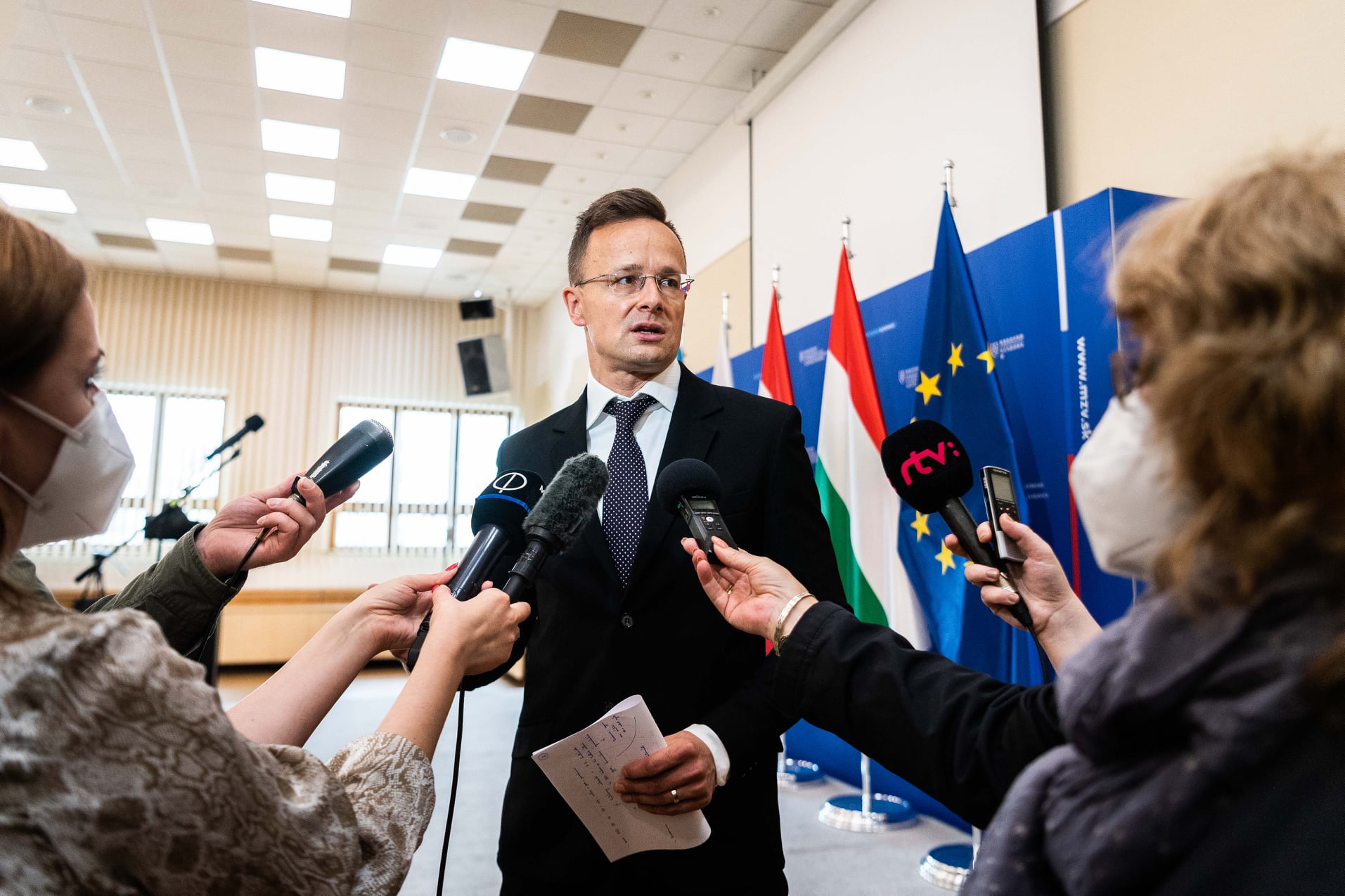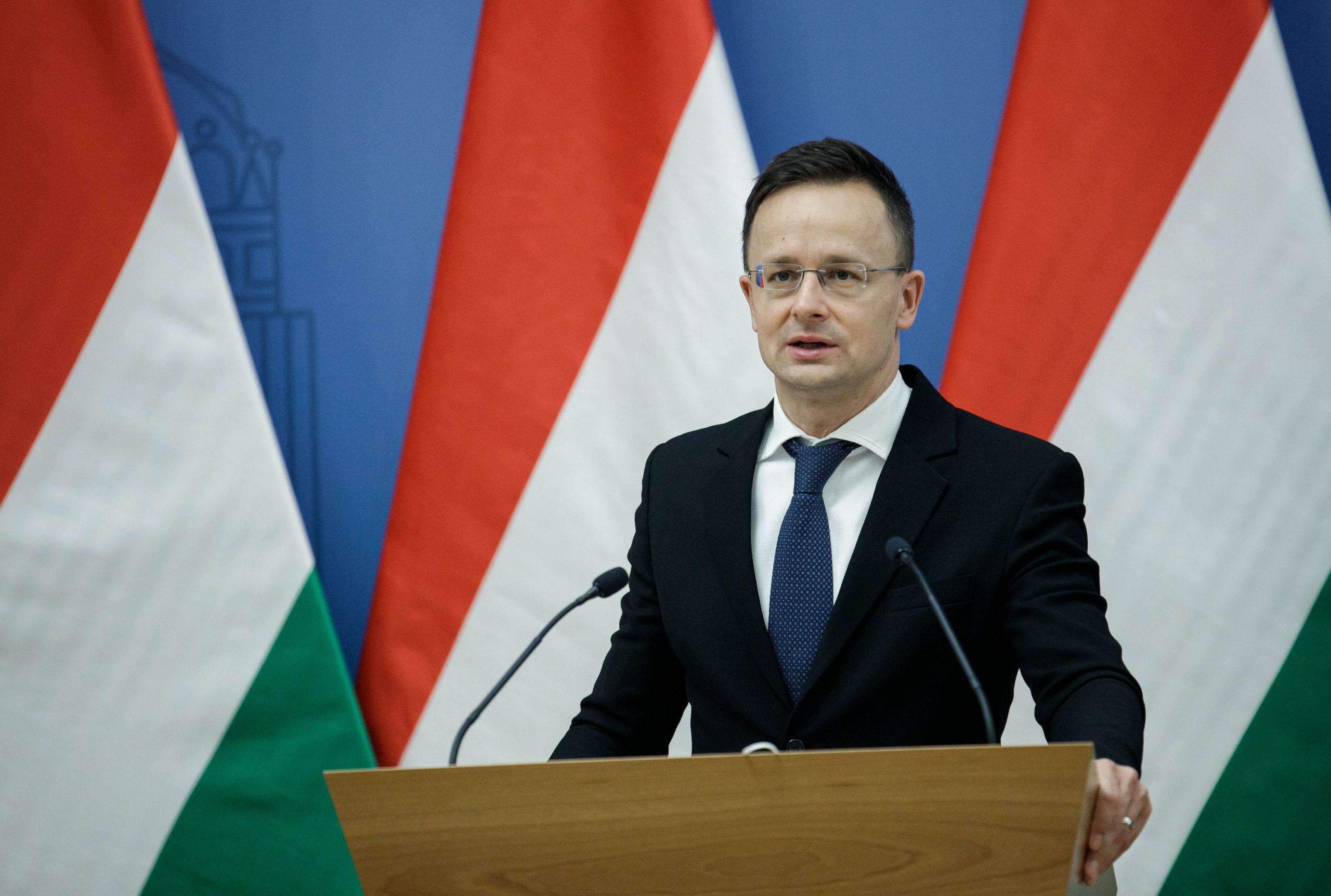
The Visegrad countries have been pursuing “economic and security policy strategies based on common sense,” Szijjártó said.Continue reading

A key of the success of the Visegrad Group (V4) countries has been that they have based their economic and security policies on “common sense”, Foreign Minister Péter Szijjártó said in a video message to a joint V4 parliamentary committee meeting on Friday.
The grouping comprising the Czech Republic, Hungary, Poland and Slovakia is “the closest, most effective and most successful” alliance within the European Union today, the minister said. In recent years the four countries have achieved results together that they could not have on their own, he added.
Szijjártó highlighted the V4’s thwarting of the introduction of mandatory migrant quotas as the group’s biggest achievement. If Brussels’s “crazy proposal” had not been rejected, there would be tens or hundreds of thousands of migrants on the territory of the V4 countries today, he said.
Szijjártó praised the V4 as an “extremely strong and competitive region”. This, he said, was demonstrated by the fact that if the grouping were a single state, it would be the third most populous EU country and the world’s 15th largest economy.
One of the main reasons for the region’s success is the use of “common sense” in economic and security policy, Szijjártó said. He praised the advantages of low tax rates when it comes to attracting international investment and job creation. Tax policy, he said, should remain a national competence, adding that the V4 must insist on that element of their sovereignty. Hungary will carry on with its tax cuts “even if some don’t like it”, he said.
Meanwhile, Szijjártó said the EU had also made several mistakes in the area of energy security. He said the details of the European Green Deal had not been fleshed out thoroughly enough and that the document was being used more as a “political communication tool”.
Szijjártó said the government considered environmental protection important, adding, at the same time, that it was crucial to “remain sensible” in this area as well. The minister said it had been a “big mistake” to turn Europeans against natural gas and nuclear energy. More than 70 percent of Hungary’s electricity demand will be supplied by the country’s nuclear power plant in Paks by the end of the decade, he said, noting that Hungary had recently signed a new long-term gas purchase agreement with Russia’s Gazprom.
As regards migration, Szijjártó said EU member states should insist on their right to determine who can and cannot enter their territory.
Featured photo illustration by Balázs Mohai/MTI